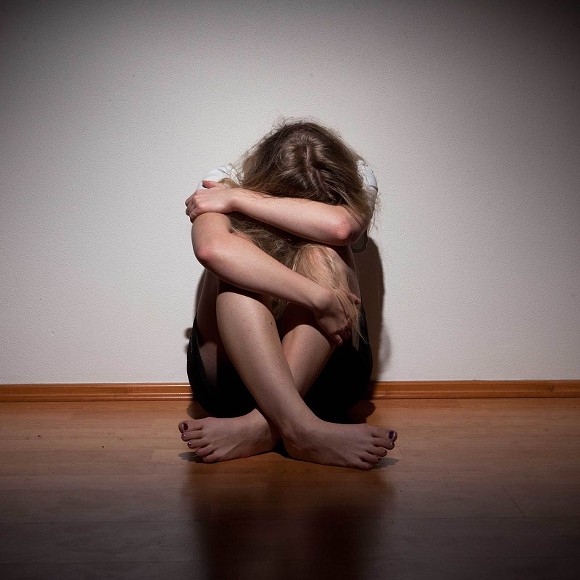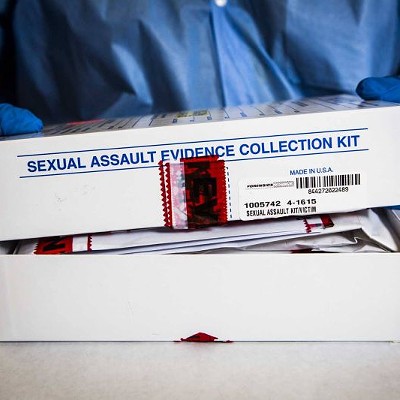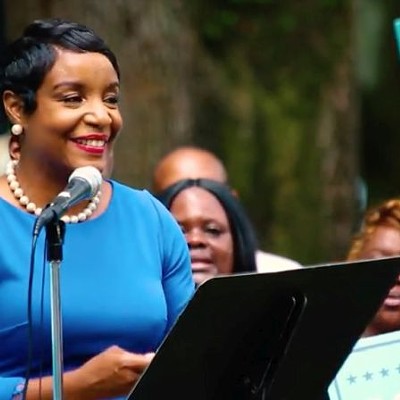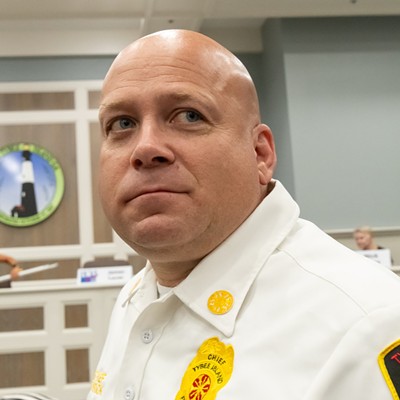ACCORDING to statistics from the U.S. Justice Department, an American woman is sexually assaulted every 107 seconds.
Barely a third of those assaults are reported, and many victims don’t seek help—some out of fear and shame, others because they’re not aware of available resources.
Activist Nili Gingold-Altchek wants to change the conversation, and she knows that means she might have to actually get it started.
“We don’t talk about this in our culture. There is such a stigma, and that prevents people from seeking help,” explains the founder of Bizchut Nashim, an organization that provides support for women in the U.S. military.
“We want to give people the opportunity to speak about it and fight the stigma together so they can connect and begin to heal.”
Victims of rape, incest and other forms of sexual abuse experience high rates of depression and PTSD, often attempting to assuage symptoms with drugs, alcohol and other risky behaviors. Gingold-Altchek and other local groups aim to address these issues and more at a summit on sexual assault this Wednesday, June 1 in the Mordecai Sheftall Social Hall at Congregation Mickve Israel.
Originally from Tel Aviv, Israel, Gingold-Altchek experienced sexual abuse as a young woman but never sought out legal, medical or psychological services.
“It took me twenty years to tell my mother,” she says. “I didn’t talk about it, and it almost destroyed me. I don’t want others to suffer the same way.”
The wife of an Army chaplain currently based at Fort Stewart, she started Bizchut Nashim as a resource for Jewish women serving in the U.S. military. Now the organization has grown to offer support to all survivors of sexual abuse, regardless of religious affiliation.
“The more people who come together and share their stories, share what they know, the better. We can break the silence together,” says the mother of four who has also written a children’s book, The Secret of the Bear.
“We want to offer solutions.”
On a local level, those solutions include the counseling and services of the Rape Crisis Center. Executive Director Kesha Gibson-Carter will speak at the event about how to recognize the signs of abuse among friends and family and how to best advocate for them. Gibson-Carter will also participate on a panel with a female Army officer as well as physical therapists Cathy Neal and Jasmine Polk.
Neal and Polk share a practice, Core Therapy, and both specialize in pelvic rehabilitation and dysfunctions like bladder incontinence, abdominal cramping and painful sexual intercourse. While those conditions aren’t always caused by sexual assault, such attacks can result in long-standing physical issues that many don’t realize connect back to the trauma.
“I’ve seen people who have been suffering for twenty, thirty years after a traumatic experience, and they don’t put it together until we begin our work,” says Neal, describing the disassociation many women experience around their pelvic areas.
“We talk a lot about ‘putting the pelvis back in the body,’ and for some it is the first time they’ve been really aware of it.”
Using gentle exercises to retrain pelvic floor muscles to contract and relax without pain, Neal and Polk often encounter admissions of deeper suffering—and the opportunity for healing and the reclamation of their sexual lives.
“Nine times out of ten, it’s not what people come in for, but after a few sessions it comes out,” says Polk, who reports that between 25 and 50 percent of her patients have experienced sexual abuse.
“It’s just not something that gets talked about,” she laments, echoing Gingold-Altchek.
Referring those patients to the best resources is part of the reason they’re participating in the summit.
“There is a lot of research in neuroscience about how different types of trauma can affect physical function and how we perceive pain,” says Polk.
“When psychological issues come up in our work that need to be dealt with, we want to be able to send someone to right place for help.”
That’s what evening is all about, says Gingold-Altchek.
“We are building a network. No longer is it one person who has to suffer alone,” promises the organizer, who will also share an exhibit of the art she creates to help her process her past.
“The more we discuss it, the less people are embarrassed or ashamed. We can prepare people, let them know that this can happen. We can prevent it.”































